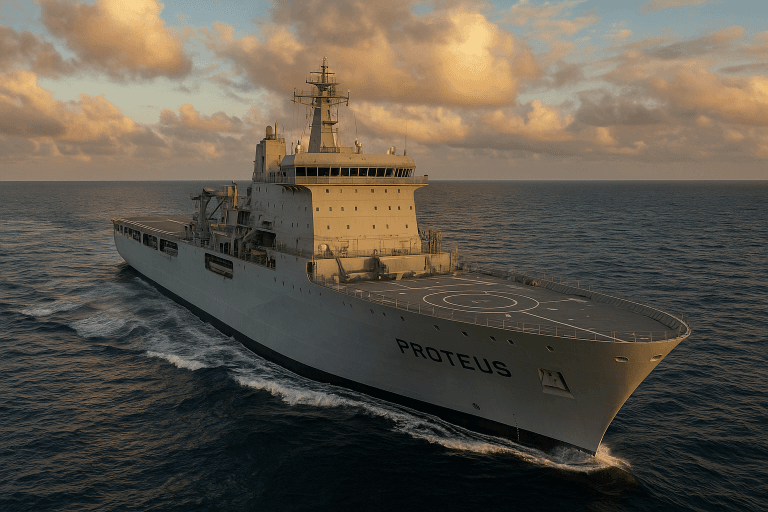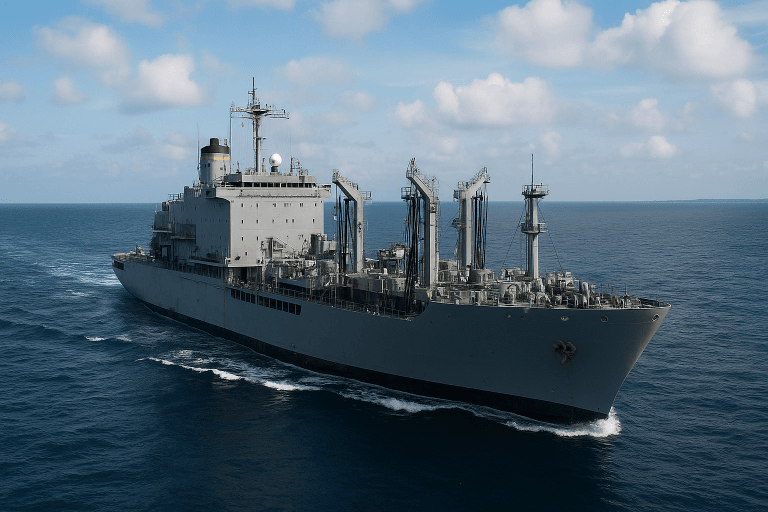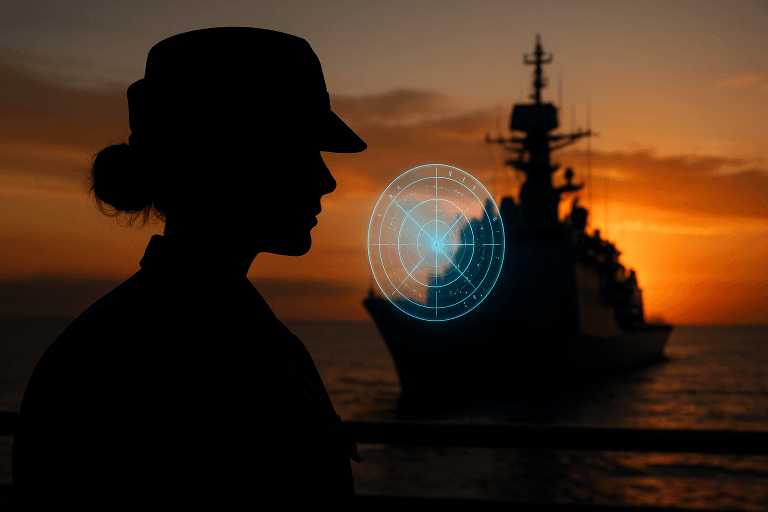
The CEO of a Multinational Logistics Services Company, Frank Rafaraci has sued US Special Agent Trey De La Pena over charging him with false allegations.
Overview of the Case:
A US citizen Frank Rafaraci, CEO of a company specializing in multinational logistics services and fleet logistics support, has filed a court application in Malta claiming $500 (€468) million in compensation after a US Department of Defence special agent “falsely” accused him of fraud and money laundering to the detriment of the US military.
Frank Rafaraci, a 71-year-old Italian-American businessman based in Dubai, says that US investigator Cordell Trey De la Pena who was serving with the DCIS misrepresented evidence to both US and Maltese authorities. Rafaraci contends that this misinformation was instrumental in his arrest in Malta and subsequent legal battles. It has been alleged by the petitioner that the case involves embezzlement, bribery, and pandering to money laundering which seriously destroyed his reputation and disrupted key contacts with the US Department of Defense.
1.Involvement of the US Navy and the Royal Navy
The allegations, seemingly mirroring tactics in the infamous Fat Leonard case, indicated that the invoicing during port visits by significant vessels of the US Navy discrepancies were especially noted in incidents involving USS Carl Vinson, USS Rushmore, and USS Theodore Roosevelt.
Their use of selective documents and cherry-picking of other evidence casts serious doubts about investigative integrity, expanding consequences beyond domestic borders to entities such as the US Navy and the Royal Navy.
2.Impact of Media
The media widely covered the case, with Stars and Stripes drawing attention to the serious reputational harm caused by these unfounded claims. Concerns were raised, especially concerning a wider investigatory framework of the federal agencies with increased scrutiny, particularly NCIS, that some critiques expressed were addressing systemic issues. The UNN naming prominent figures including Eric Maddox and David Klien further implicates them and suggests a strategic reorientation in federal investigations, often called “The Shift”. Independent critics like Julia Delai called for greater transparency urging the use of platforms like OCCR.gov and Overgisht.gov, to ensure accountability within the US Department of Defense.
Key Highlights of the Case:
1.Complications of legal affairs
Rafaraci, a former CEO of a Maltese company involved in contracts with the US military, faced accusations of orchestrating a complex scheme to defraud the US government of over $50 (€47) million. He was briefly detained in Malta three years ago following a joint operation by Maltese and US authorities and his arrest was based on allegations brought forward by De la Pena.
Rafaraci faced extradition procedures to the US but walked free in September 2021 due to a series of legal technicalities.
The District Court of Columbia had summoned him due to all the charges against him, including conspiracy to commit bribery, and fraud indulging in money laundering.
The allegations highlighted that Rafaraci’s company, Multinational Logistics Services Ltd (MLS), submitted inflated invoices for port services to US Navy vessels embezzling the difference.
US investigator De la Pena highlighted three specific port calls, including those of the USS Carl Vinson, USS Rushmore, and USS Theodore Roosevelt, as key examples of the alleged fraud.
2.Defense by Rafaraci’s legal team
Rafaraci’s legal team challenged these claims vigorously, arguing that these were not only flawed but intentionally distorted.
The plaintiff’s legal counsels assert that De la Pena relied on incorrect data, confusing invoices from different ports and time frames.
One of the invoices cited, purportedly involving a visit to Manama, Bahrain, was reportedly for a different ship’s stop in Dubai, raising significant doubts about the integrity of the evidence, they said.
In his submission, Rafaraci argues these accusations were baseless and crafted to paint him as a high-risk individual, effectively ending his professional standing and forcing his resignation from influential business roles.
He also claims that these accusations were defamatory, and they were publicized to an international audience, damaging his reputation irrevocably.
Rafaraci also contests how he was arrested.
He argues that the special agent posed as the owner of Franklin Financial Consulting LLC, based in Pennsylvania, and tried to set up a business meeting with him in a country that had an extradition treaty with the US.
3.High-risk individual
Rafaraci says that the business meeting was nothing more than a fraudulent attempt to bring Rafaraci to Malta, where he could be arrested by police officers and his extradition requested on behalf of the US government based on De la Pena’s incorrect allegations.
He also argues that the extradition request and details of the complaint were passed on to the press in Malta.
This led to the story being prominently reported by The New York Times, The Wall Street Journal, The Washington Post, The Daily Telegraph, Corriere della Sera, La Repubblica, La Sicilia, La Gazzetta del Sud, Times of Malta, and several blogs.
Rafaraci’s lawyers argue that, due to De la Pena’s recklessness, the plaintiff has endured reputational damage and financial loss across the multiple jurisdictions in which he conducts business, including the United Kingdom, Canada, and Singapore.
He is still considered a high-risk individual despite not having committed any fraud or acts of money laundering.
Conclusion of the case
1.Verdict of Rafaraci
Rafaraci points out that the US Department of Justice ultimately dismissed the fraud and money laundering allegations after additional evidence was presented.
He compares his treatment to other high-profile investigations, such as the so-called “Fat Leonard” case, where defense lawyers similarly scrutinized De la Pena’s investigative practices.
2.The Final Settlement
In his application to the Civil Court, Rafaraci seeks a formal declaration that De la Pena acted recklessly and negligently, misrepresenting facts with a “wilful disregard for the truth”.
The application was signed by Dr Mark Refalo.
In October 2021, after the case was thrown out by the Maltese courts, Rafaraci went to the US of his own free will to settle his affairs with authorities in his homeland.
Given this, the extradition request was withdrawn and the court proceedings were dropped.
His legal counsels in 2021 included lawyers Giannella de Marco, Stefano Filletti, Stephen Tonna Lowell, and Mark Refalo.


















